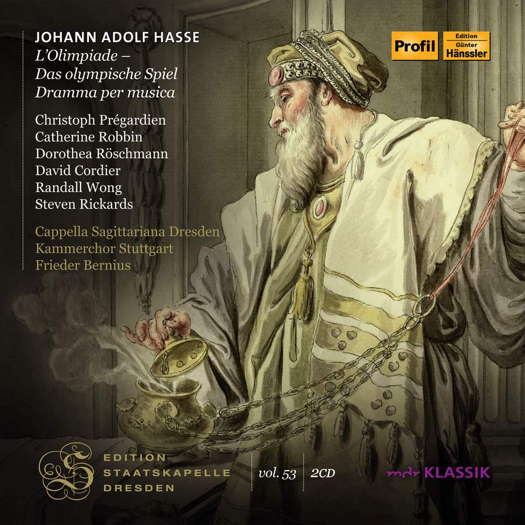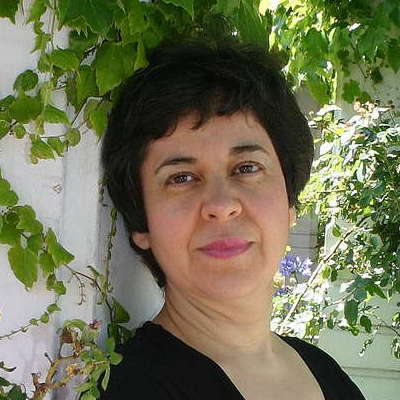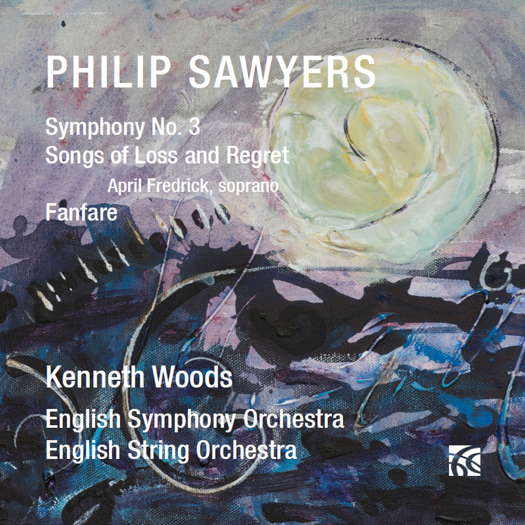- Rashid Khan
- Cecilia of Rome
- Sono Luminus
- Malvern Concert Club
- Georg Frideric Handel
- Highgate Choral Society
- Roger Sessions
- Daniel Basckin

Uncanny Precision
GERALD FENECH recommends Frieder Bernius' recording of 'L'Olimpiade' by Hasse
'Frieder Bernius has a convincing way with Hasse.'
Baptised on 25 March 1699 in Bergedorf, Germany, Johann Adolph Hasse is today almost completely eclipsed by his contemporary George Friedrich Händel. In his day J A was revered as one of the most successful opera composers in either Italy or the provinces of Germany. The grandson of a German burgomeister, Hasse studied in Hamburg and began an operatic career at an early age. Indeed, he is credited with some sixty operas, which is no surprise as he had a rich tenor voice, and this not only served him in earning him a position serving the court of Brunswick, but also helped him in mastering the genre very early on in his career.
His first opera was Antioco, composed at the age of twenty-one. In that same year (1721) he began a tour of Italy, including Venice, Bologna, Firenze and Rome. He studied for at least six years in Naples, where he studied composition with no less than Alessandro Scarlatti, and he kept churning out operas one after another.
In 1730, Hasse was in Venice writing his first opera there, Artaserse, in collaboration with the greatest Italian dramatist of the century, Pietro Metastasio, who would later provide Mozart with several libretti. In that same momentous year he married the celebrated Italian soprano Faustina Bordoni, and accepted a position as chapel master in Dresden.
Apart from operas, Hasse also composed several sacred pieces which were presented in Venice with great success. The 1740s provided a pivotal decade in Hasse's growing relationship with Metastasio; by 1761 Hasse had composed operas on all but one of the poet's lifelong output of libretti. At this particular time the composer's operas and oratorios filled the theatres in Dresden, Naples, Venice, Vienna and even Warsaw, while the cantatas thrilled the Hapsburg court and his later flute music overwhelmed Berlin.
The prolific composer had long suffered from attacks of gout. By 1773 he, his adorable wife Faustina and their two daughters retired to a home in Venice. The Italians welcomed him and he continued to compose, especially sacred music, and to revise earlier compositions. But Faustina died in late 1781 and J A could not survive without her. 'Il Caro Sassone', as the Italians called him, followed her two years later on 16 December 1783, in Venice.
L'Olimpiade premiered on 16 February 1756 in Dresden, and it was the last opera seria to be staged in that city before the start of the disastrous Seven Years' War. The piece received great acclaim and deservedly so. Indeed, it can be considered as one of the most successful of the many works produced by the Hasse-Metastasio tandem.
Listen — Hasse: Ouverture (L'Olimpiade)
(PH 21053 CD1 track 1, 0:01-0:44) ℗ 1992 MDR Audio :
The story pans out in ancient Greece during the Olympic Games. Act I: Megacles arrives in Sicyon just in time to enter the Olympic Games under the name of Lycidas, a friend who once saved his life. Unknown to Megacles, Lycidas is in love with Aristaea, whose hand is to be offered to the winner of the games by her father, King Cleisthenes. Lycidas, once betrothed to Princess Argene of Crete, is unaware that Megacles and Aristaea already love each other, and he subsequently tells his friend of the prize. Aristaea and Megacles greet each other fondly, but Megacles now feels bound by his promise to compete as Lycidas. Meanwhile, Argene arrives in Olympia disguised as a shepherdess, to win back Lycidas.
Listen — Hasse: Ne' giorni tuoi felici (L'Olimpiade Act I)
(PH 21053 CD1 track 15, 0:32-1:20) ℗ 1992 MDR Audio :
Act II: Megacles wins the games, confesses the truth to Aristaea and departs, broken-hearted. When Lycidas comes to claim her, Aristaea reproaches him, as does the disguised Argene, much to his dismay. Amyntas, tutor to Lycidas, reports that Megacles has drowned himself, and King Cleisthenes, apprised of the deception, banishes Lycidas.
Listen — Hasse: Gemo in un punto, e fremo (L'Olimpiade Act II)
(PH 21053 CD2 track 16, 0:28-1:11) ℗ 1992 MDR Audio :
Act III: Argene prevents the desperate Aristaea from suicide, Megacles is rescued by a fisherman and Lycidas contemplates the assassination of the King. Aristaea pleads mercy for Lycidas and Argene offers herself in his place. As proof that she is a princess, she shows Cleisthenes a chain given her by Lycidas. He recognizes it as belonging to his son, abandoned in infancy to forestall the prophecy that he would kill his father. Lycidas, reinstated, accepts Argene, leaving his sister to Megacles.
Listen — Hasse: Viva, viva il figlio delinquente (L'Olimpiade Act III)
(PH 21053 CD2 track 26, 1:07-1:55) ℗ 1992 MDR Audio :
Frieder Bernius has a convincing way with Hasse. He paces the drama with uncanny precision, making the unfolding of events feel relaxed and believable. Most of the arias in L'Olimpiade are on the slow side, but Bernius balances both the mellow and the animated wonderfully well, and both singers and players respond with whole-hearted loveliness to the changing moods of the music.
Recordings of Hasse operas do not happen every day, so this exquisite issue should be welcomed by all baroque aficionados, particularly Hasse admirers, who have been waiting for this composer's resurgence for more than a hundred and fifty years. A sound recommendation in gorgeous audio and presentation.
Copyright © 21 November 2023
Gerald Fenech,
Gzira, Malta





